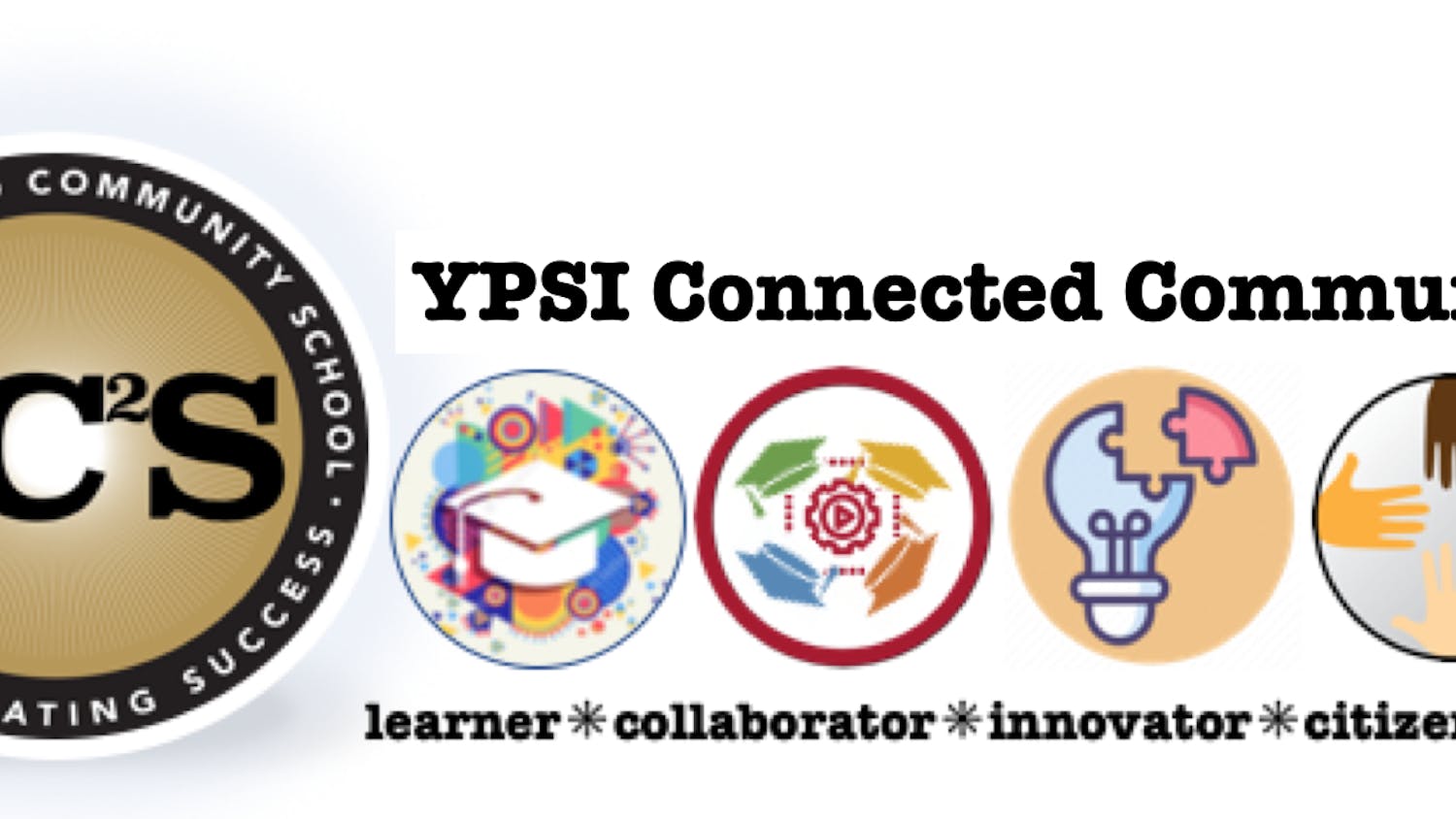College is an exciting time in students' lives, but it also presents challenges and difficulties that can be stressful. Those situations can sometimes negatively affect students' productivity, but there are multiple ways to handle such stressors. Here are some tips to help face common college hardships:
Academic difficulties
Each student comes to college with a different level of preparation. There is a considerable difference between attending classes in high school and attending classes at a university. Self-reliance is the first thing that needs to be developed. The majority of professors don't nag you about studying or completing assignments promptly. Thus, students who lack self-discipline tend to fall behind quickly. Students from disadvantaged backgrounds with educations that weren't prepared for the rigors of higher education can find this adjustment challenging.
However, these difficulties are manageable, from communicating with professors to finding a tutor. I won’t say that all professors at EMU are perfect, but most of them are really great. Nevertheless, you will find yourself feeling lost at least once in the four or more years, and if so, go see a tutor. Tutoring at EMU is the best and it will help you feel better about your understanding of the course materials.
Financial challenges
There is no doubt that college is becoming more and more expensive by the year. In the last 20 years, the cost of a college education has increased by more than 200%. While taking classes, many students incur significant debt and work part-time or even full-time. Students can have difficulty paying attention to their classes when they are under financial pressure. While working 20 or more hours a week, it's tough to study for tests, write term papers, and participate in extracurricular activities.
To start, seek grants and scholarships. Financial aid opportunities aren't always taken advantage of by students. There are over $1 million in scholarships available through NSCS every year, making them a great place to start. Even though loans create long-term financial pressure, they are sometimes a better alternative to working full time so you can focus on college classes.
Students can save money by searching for cheaper housing and transportation options. Cooking at home can also save students significant amounts of money if they have a kitchen at their disposal.
Emotional and mental health challenges
Emotional and mental health challenges can make it difficult for people to focus on their studies. Psychologists report an increase in psychological disorders among students, including depression, anxiety, and suicide. According to Active Minds, suicide is the second leading cause of death amongst college students. These issues are not always separate from the other challenges that college students face. Financial and academic problems can cause or exacerbate mental health issues.
For these problems, checking the mental health counseling program would be a great first step. All colleges and universities offer services such as counseling. Too often, students who need help don’t ask for it. It’s essential to remove any stigmas attached to mental health programs and the need to seek help. Both students and faculty should be encouraged to look for symptoms so those who need help don’t get overlooked. However, if you don’t feel like it, try taking a break and letting your professors know that you are not feeling well, they will probably be cooperative.
Choosing the wrong major
Many students who start college aren’t sure what they want to commit their future careers to. Students may pick a major based on what their friends or parents recommend; others prefer a major thought to lead to a high-paying job. If the student has no interest or aptitude in a discipline, he or she will likely lose motivation in pursuing their chosen major. Choosing the right major has a significant impact on a student’s overall success and well-being.
Sometimes the problem is that students feel compelled to choose a major before they’re ready. While some people enter college set on a specific major, those who are less certain shouldn’t feel pressured to declare a major right away. We encourage students to take courses in a variety of fields, which can help them discover new interests while acquiring a more well-rounded education.
To sum up, whenever you are feeling overwhelmed, let the people around you know about it and try to take a break, solve the problems and come back strong. It’s never a shame to ask for help.









